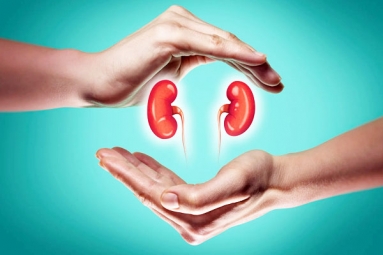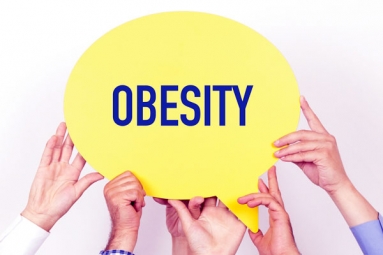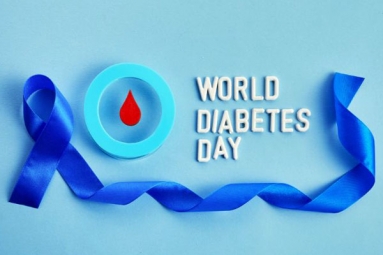
(Image source from: Canva.com)
Breast Cancer Awareness Month is an annual campaign held in October to raise awareness of breast cancer, promote early detection and support those affected by breast cancer. The goal is to educate people about risk factors, the importance of regular screenings like mammograms, and how lifestyle choices can affect breast cancer risk. The week encourages community involvement in fundraising, events and educational support to advance research and improve outcomes for breast cancer patients. This month we're helping you understand how lifestyle changes can help reduce your risk of breast cancer. Here are some tips to reduce your risk of breast cancer.
Maintain a healthy weight: Excess body fat increases the risk of breast cancer, especially after menopause, as estrogen levels increase. Controlling weight through a balanced diet and regular exercise helps stabilize hormone levels and reduce risk.
Exercise regularly: Physical activity lowers estrogen and insulin levels, which are linked to breast cancer. To reduce your risk, aim for at least 150 minutes of moderate aerobic exercise or 75 minutes of vigorous exercise per week.
Limit your alcohol consumption: Alcohol increases estrogen levels, which can damage your DNA and increase your risk of breast cancer. Limiting alcohol consumption to no more than one drink per day can significantly reduce this risk.
Quit smoking: Smoking has been linked to several types of cancer, including breast cancer. Quitting smoking not only reduces your risk of breast cancer, but also improves the overall health of your lungs and heart.
Eat a nutrient-rich diet: A variety of fruits, vegetables, whole grains and lean proteins support your immune system and reduce your risk of cancer. Focus on foods rich in antioxidants, fiber and healthy fats like omega-3 fatty acids.
Breastfeed if possible: Breastfeeding for several months reduces the risk of breast cancer, especially in women who have breastfed for more than a year. It helps regulate hormone levels and has a protective effect on mother and child.
Avoid hormone replacement therapy (HRT): Long-term use of hormone replacement therapy, which is a combination of estrogen and progesterone, increases the risk of breast cancer. If necessary, HRT should be used at the lowest dose and for the shortest possible period of time.
Limit your radiation exposure: Some medical imaging procedures, such as: Some tests, such as CT scans, expose your body to radiation, which over time can increase your risk of breast cancer. Only perform these procedures if medically necessary and seek alternatives when possible.
Be aware of environmental toxins: Avoiding contact with certain chemicals, such as those found in some cosmetics, plastics and pesticides, can reduce your risk of breast cancer. To minimize exposure to toxins, choose natural and organic products and avoid using plastic containers for hot foods.
Test regularly: Early detection is the key to successful breast cancer treatment. Regular mammography and breast exams can help detect abnormalities early. Ask your doctor when you should start screening, especially if you have a family history of breast cancer.




















